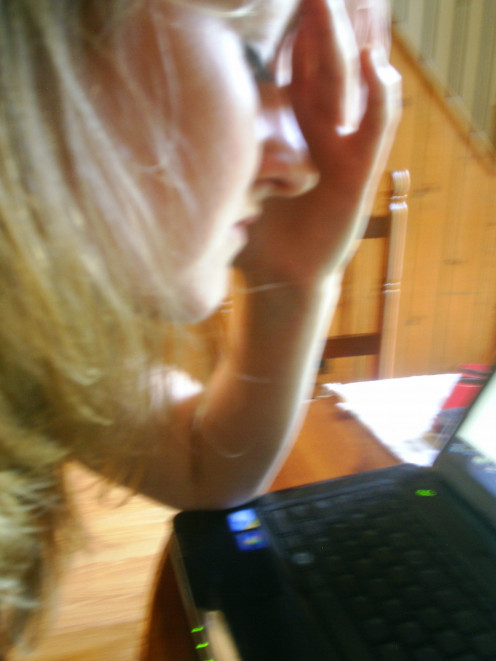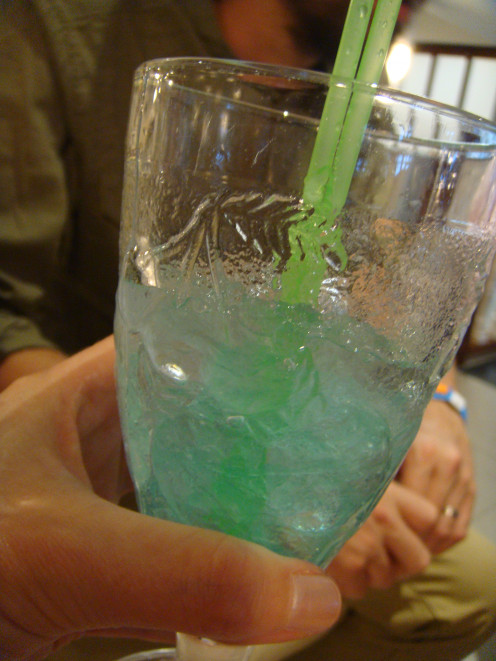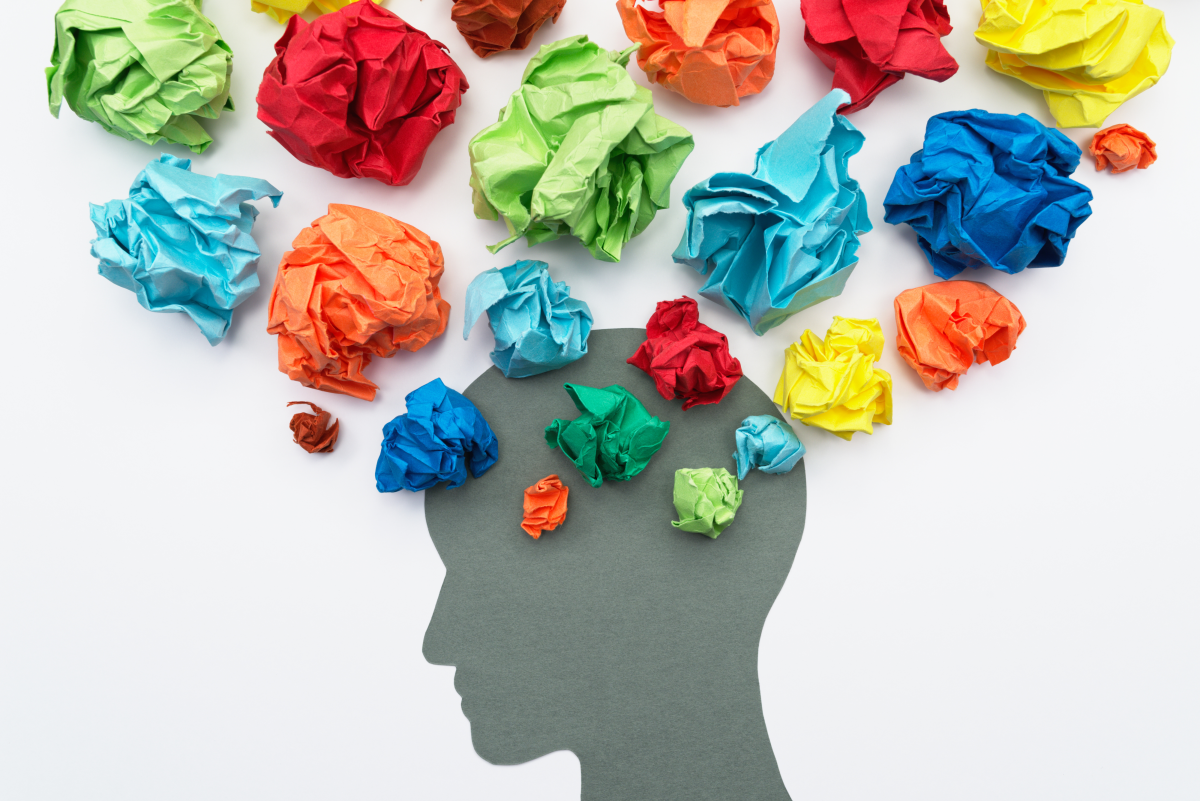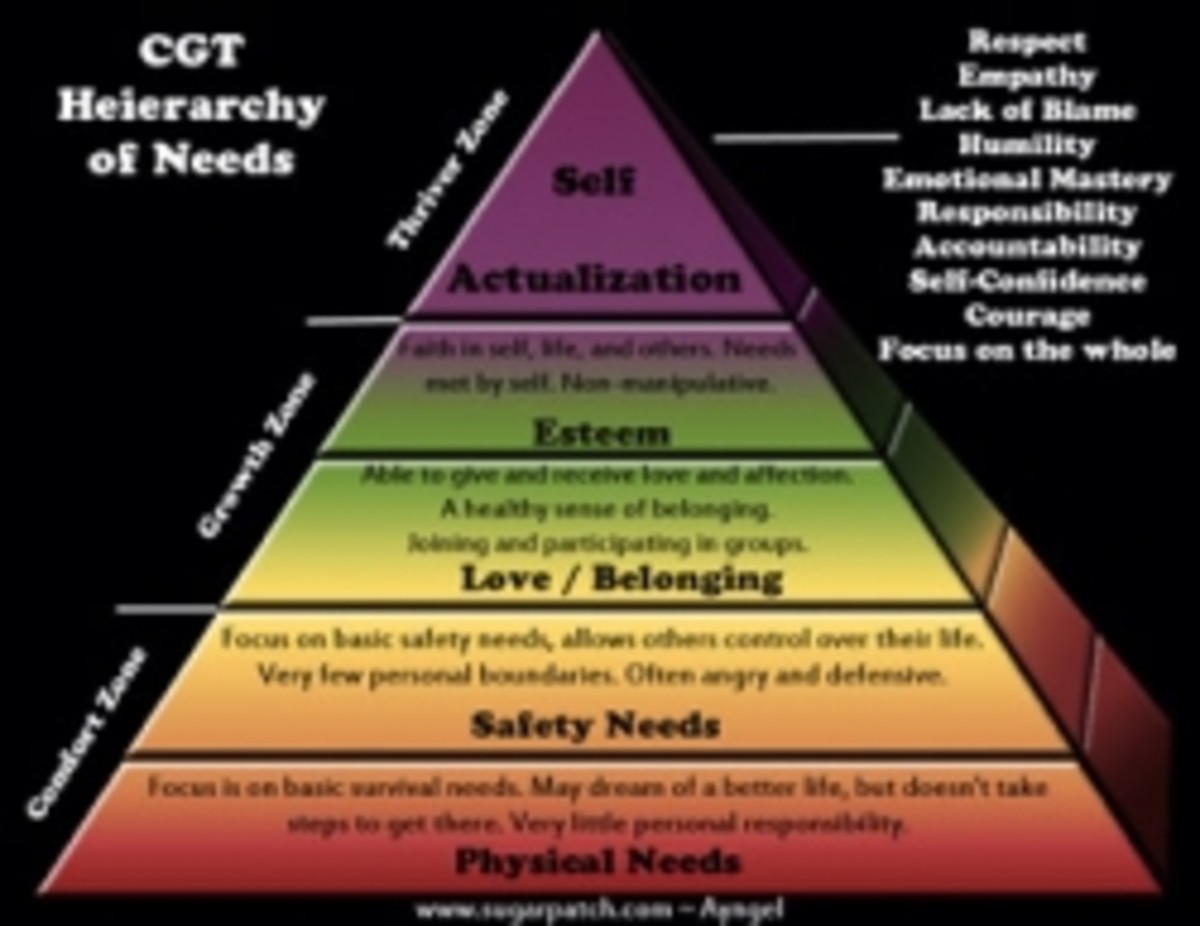What Are The Causes Of Mental Illness

There are many different types of mental health illnesses. Some of them are more common than others and some can be treated more efficiently than others.
Many people have a mental illness without recognizing they have one as they may accept the condition as part of who they are. Or it could take a long time before a condition is diagnosed.
Although it is common to have a mental illness of one kind or another, there is still a stigma attached to the label. It could be down to ignorance, misconception or fear of those with a condition.
Mental illnesses are traditionally split into two groups called 'neurotic' and 'psychotic'. Neurotic symptoms are considered a severe form of 'normal' conditions, such as depression and anxiety. Psychotic are less common conditions, which involve hallucinations, hearing things and feeling things no one else can.
Types of Mental Illnesses
Depression
Depression can be quite complex as there are many causes of depression, different types and different forms of treatment.
Depression is a feeling of low mood, lack of self worth and lack of motivation. It affects different people in different ways, emotional and physically and isn't something which we an easily 'snap' out of.
The feeling of being depressed needs to be addressed so that the right treatment can be given. A change of habits, dark thoughts or a change in personality need to be monitored. It can range from poor sleeping habits, a change in appetite, aggression, withdrawal, lack of sex drive and being tearful.
It can affect the sufferer's life and the people around them. It can be in conjunction with another illness (such as anxiety or OCD) and at it's severity, the sufferer can become suicidal.
Bipolar
This was once called 'manic depression', where mood swings are severe. The individual may be over excited and show extremely 'happy' behaviour. This can then change to periods of low mood and depression. This alters their personality completely.
There are different forms of bipolar depending on the lengths and extremes of the moods.
Anxiety
Anxiety is often related to depression and can have great control over an individual's life. It is something which is extreme and is difficult to overcome.
Anxiety can become quite physical as the emotion becomes overwhelming. This can include shakiness, stress, raised heartbeat, being teary, nausea and lack of concentration.
It can be associated with other problems, such as phobias and panic attacks. These are deep psychological issues which need to be treated properly and will take time.
Obsessive Compulsive Disorder (OCD)
Named Obsessive Compulsive disorder as there are two parts to the illness. The obsessive part means the sufferer will think and obsess constantly over the issue. This could be an issue with germs for example and therefore they must wash their hands and clean more often than a non sufferer.
The obsession could be anything, and the way it is dealt with will be routinely carried out.
The compulsive part is where the individual has no self control over the obsession. He or she will feel that they have to deal with the issue or there will be great consequences.
The actions taken will be repeated over and over again. This could be washing hands, checking the back door is locked or ensuring the oven has been switched off. It is extreme and has a massive impact on day to day life.
Schizophrenia
Schizophrenia is a complex condition, as the diagnosis is not straightforward.
The warning signs that someone is schizophrenic tend to be confusion, hearing voices, disorganized speech and seeing and believing things other people do not share.
There are many more mental health disorders and behaviors and may be different causes for each, depending on the individual.

Signs or Behaviors
Self Harm
Self harming comes in different forms. This includes hitting yourself, cutting yourself in certain areas of your body or starving yourself.
Self harming tends to be a sign of deep distress or a way of expressing frustration or anger.
Panic Attacks
A panic attack occurs through fear and stress. It is when a sudden bout of panic comes over the individual resulting in a fast heart beat, a difficulty to breath steadily and a hot flush. Some people experience chest pains, feelings of becoming faint or a chocking sensation.
Drug abuse or alcohol addiction
Turning to drugs or alcohol can be a form of escapism. This may be a temporary way of dealing with things in life difficult for that person to cope with.
Causes of Mental Illnesses
There can be a number of reasons why someone has a mental health problem.
Post Natal Depression
Many new mothers experience either the 'baby blues' or post natal depression after giving birth.
It can be a mixture of hormones, tiredness and an overwhelming feeling of responsibility.
The baby blues are very common among new mothers. They tend to develop after a few days of giving birth when breast milk kicks in, and can last days or weeks, and eventually subside. They can make you feel tired, weepy and very low in mood.
Post natal depression is a little more serious and can last a lot longer. It is bought on from having a baby although not always immediately. The problem needs to be addressed as it can affect relationships and bonding with the baby.
Childhood Problems
Problems beginning from childhood can create problems either at that time or in later life.
These forms of problems can be any type of abuse (emotionally, physically, sexually, neglect), an upheaval, a bereavement or bullying.
They can then cause psychological damage in the long run causing one or a number of mental health issues.
Traumatic Events
Something which may happen to us can be the cause of distress, resulting in mental health difficulties. It could be an involvement in a severe accident (such as a car crash) which may mean a recovery, witnessing something or guilty of cause.
A traumatic event may mean bereavement, harassment, abuse or victim of rape.
Long Term Unhappiness
Feeling unhappy or lonely will eventually take its toll on someone over a period of time.
Going through separation or divorce or becoming a single parent may trigger off a form off depression. Or feeling unhappy in the workplace over time may create dread, lack of motivation, anxiety and depression.
Genetics
Some disorders may be hereditary. So if a family member has a condition it may be carried down to you, although this isn't always necessarily the case.
Head Injury
It has been known that people who have had a traumatic head injury can develop mental health problems and disorders.
Pregnancy
We can be born with defects if something happens to the developing brain of a baby in the womb. It can be caused by a number of things, such as drug abuse by the pregnant mother or she is taking medication which could be harmful to the fetus.
Other factors include illness such as a virus that could affect the baby or a deficiency in vitamins and minerals.
Environmental Factors
Often things or people around us can cause distress and be harmful on our mental health.
Examples are neighbors we cannot get along with or cause noise, abuse or a high crime rate in our area.
Our families can be a burden emotionally and put too much pressure on us to be able to cope. A lack of support from friends or a network can become an issue.
Stress at work can also be a great problem.
Finding a Solution
Recognizing the problem and getting a diagnoses can be a massive step forward. Depending on the illness, there are different ways of dealing with it so that the individual can lead a normal life, or be on the road to recovery.
Finding the root to the problem will start to help, so counselling or seeing a psychotherapist may be an option.
Medication would be offered to keep some forms of mental illness under control.
Other ways to help may include a change in lifestyle, a support network, cognitive behavioral therapy (CBT) or complimentary or alternative therapy.








